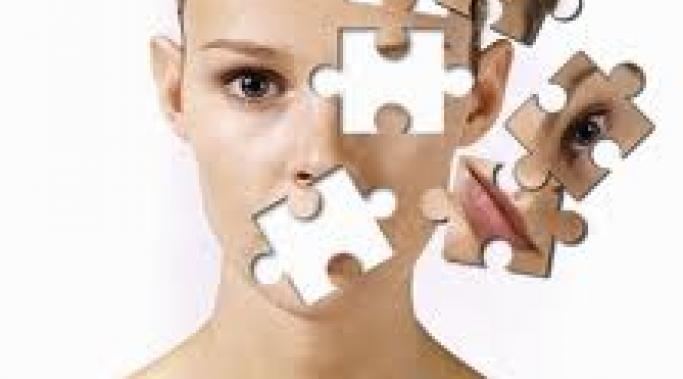When typing the title of this blog, I immediately picture Jack Nicholson's character in One Flew Over the Cuckoo's Nest. The 'crazy' one locked inside the 50's-inspired psychiatric hospital. The character considered less crazy than the rest of the patients. But I'm pretty sure his character---based on the glorious book of the same name---probably thought he was sane. Sort of like how I think I'm stable when I can't move from bed.
Side-Note: Yes, that's a brilliant-in-my-humble-opinion image from the film below.
First, an Apology. . .
Recovering from Mental Illness
If there is one thing I can count on in my life it's October. Yes, it's obvious that October arrives each year, but when you live with a mental illness, months can represent moods. And that can be scary. That said, I want to focus this post on a conversation I had with a relative who lives with depression in the summer, and thrives in the winter.
When you are diagnosed with a mental illness, it can feel like your life is suddenly on display. You can feel sort of like an exhibit at a museum - one your family and friends and psychiatrist want to tend to. It's not easy getting used to this, but what about when you encounter people, situations, on your road to recovery that make you feel exposed?
I know--I know--the title of this blog, the entire premise of it, is based on recovering from mental illness. But it is not titled anything along the lines of "How I Recovered From Mental Illness!" So, is full recovery from chronic mental illness possible?
So, you've been diagnosed with a mental illness. Now what? You have--perhaps without much grace but with much persistence--come out on the other side. Life is, presumably, better than it was before the diagnosis. But it isn't easy and you are still trying to figure the whole thing out: medications, your new mental health care team, and the future. On the understanding that we have a future outside of mental illness, and it's important to get on with life, to the best of our abilities.
I would bet my prized record collection that if you live with a mental illness you have heard those words. Probably more than once. Probably more times than you care to recall. But stick with me on this one and keep reading. . .
I am certain that my grandfather-diagnosed with bipolar disorder in his early twenties-was not affected by technology. He was probably not bombarded by an onslaught of information available at our fingertips. This poses the question: How does rapidly evolving technology influence our mental health recovery?
Initially, the title of this blog was "A Recipe For Disaster..." But I used to really (stress this) enjoy a few cocktails. Or an entire bottle of cocktail mix. And that nearly killed me.
That aside, in this blog I want to focus on why those living with mental illness may abuse substances, what some of these substances are, and the impact this can have when we are working to recover from mental illness.
Why Might People With Mental Illness Abuse Substances?
OK. First, I am not insinuating that those of us living with a mental illness are crazy. Usually, we are not. What I am stating, is that too often it is assumed we are crazy. People hear the words "mentally ill" and sometimes they instinctively picture things like: homelessness, drooling, talking at inappropriate times or not talking at all, dirty bathrobes, dark hospital corridors and a trembling body.
Let's do the math: mental illness = positivity. Right? Well, usually not, but it works in our favor to try to find positive aspects when recovering from mental illness. I'm going to break this down into the three stages of recovery we all go through.









